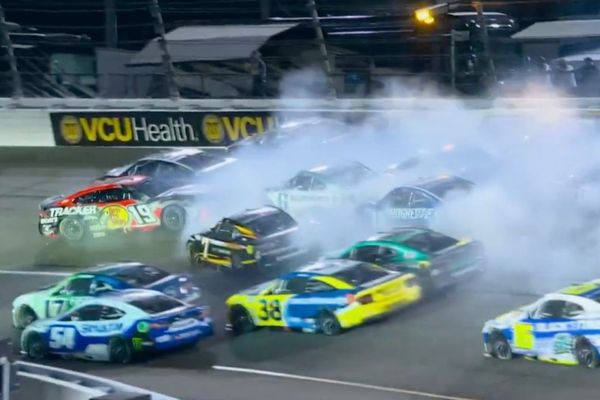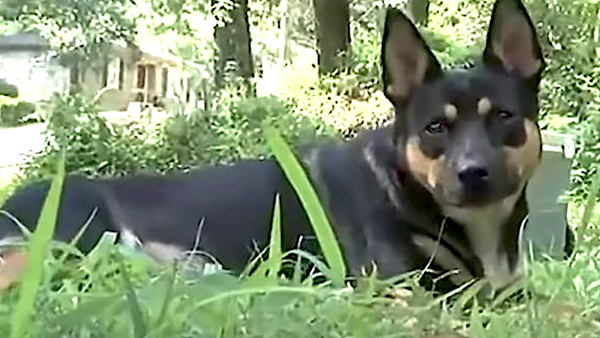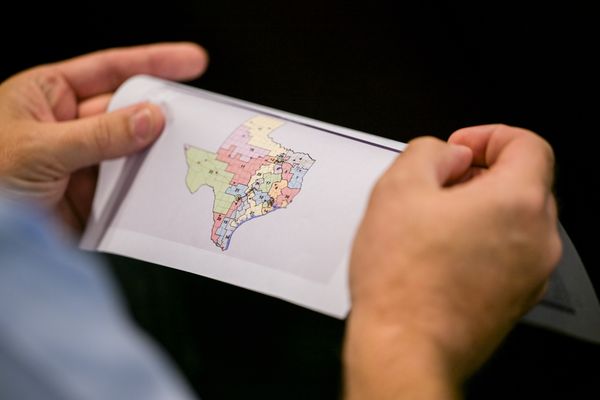
The World Rally Championship’s highly anticipated 2027 technical rules are edging closer to being completely finalised with the FIA approving refined bodywork regulations.
The WRC’s 2027 technical regulations were among the subjects up for discussion at Tuesday’s World Motor Sport Council in Macau.
Last month, the WRC Commission revealed that it would present to the WMSC a number of refinements to the regulations that were announced last December.
Chief among them related to bodywork, including requirements for sustainable materials, homologation criteria and the definition and shape of inner volumes - with freedom surrounding this volume to allow manufacturers and constructors to create their designs with flexibility.
The ability for manufacturers and tuners to accommodate various body types over an already defined spaceframe chassis for 2027 is seen as a key part of the regulations to attract more manufacturers and entrants into the championship.
As previously reported, the 2027 cars will be built to a cost cap of €345,000. The vehicles are expected to deliver similar performance to the current Rally1 cars, but will use Rally2 internal combustion engines and componentry. The construction of the chassis will be open to tuners as well as original engine manufacturers. Autosport understands at least two tuners are actively working on projects.

Today (10 June), the FIA has ratified the changes pertaining to bodywork discussed by the WRC Commission, while offering a render of a 2027 chassis.
“The World Council today approved one of the final pieces of the compelling puzzle that is coming together to mark the start of a brand-new era for the FIA World Rally Championship from 2027,” read a statement from the FIA.
“The WRC27 ruleset, given the green light by the World Council in December 2024, has been undergoing its final refinements and updates over the past six months, and today the confirmation of the reference volumes for bodywork cements the commitment set out by the FIA to put flexibility at the core of these regulations.
“To achieve this, the rules define a zone in which all of the bodywork panels must be located, but within this volume, manufacturers and constructors have the freedom to scale and integrate almost any design.
“This crucial feature of the regulations means that, without affecting performance, cars ranging from saloons to hatchbacks, cross-overs and completely bespoke designs could be entered over the 10-year regulation cycle through to 2037.”
It is still anticipated that the final details of the regulations will be confirmed by the end of August, which remains a tight time frame that has raised concerns with the current WRC teams. Chassis study and crash test simulations are already ongoing, with real-world crash tests expected in July and August.
Hyundai and M-Sport confirmed at last weekend’s Rally Italy Sardinia that they are yet to commit to building cars for 2027.

Hyundai has been the most vocal regarding the regulations, with the manufacturer pushing for more road car relevant technology to be showcased. At the moment, the WRC27 rules will be based around ICE only, although there is a plan to incorporate a range of powertrains in the future.
“Right now, we don’t see how we can build a business case to justify the cost of the new regulations, but we will keep on pushing the FIA and discussing internally," Hyundai Motorsport president and team principal Cyril Abiteboul told Autosport last weekend.
“I would like to find a way forward because we have built the legacy in WRC for 13 years now and we would like to see it continue but with something that makes more sense for us.”
Also speaking at Rally Sardinia last week, M-Sport team principal Richard Millener said: “No [we haven’t made a decision yet], the regulations are still being finalised in areas.
"The majority is set in place but there is a bit of finalisation to do. We have got some ideas and are looking at the regulations to see what is possible.
“Obviously we still want to be there but there are a few unknowns that we didn’t have the answer to yet that will decide on things like the future of the sport, the promoter and the sporting side, we still need clarification on that.”
Jari-Matti Latvala, team principal at Toyota, was more positive on the future when asked about the progress of the 2027 rules.
“I have been talking with Tom Fowler [technical director] and from what I have heard from him, it sounds good and I think it is the right way to go," he said.







